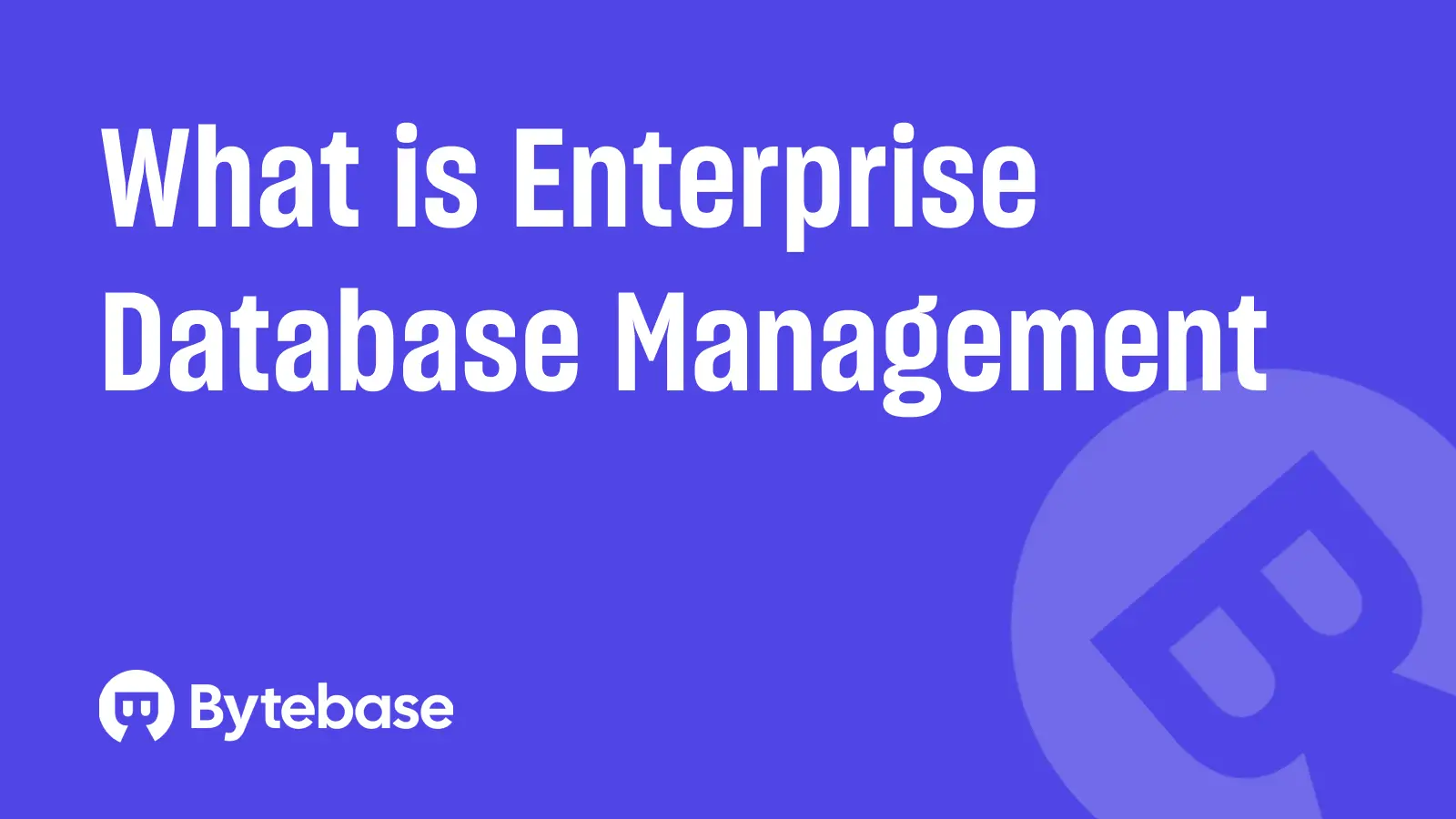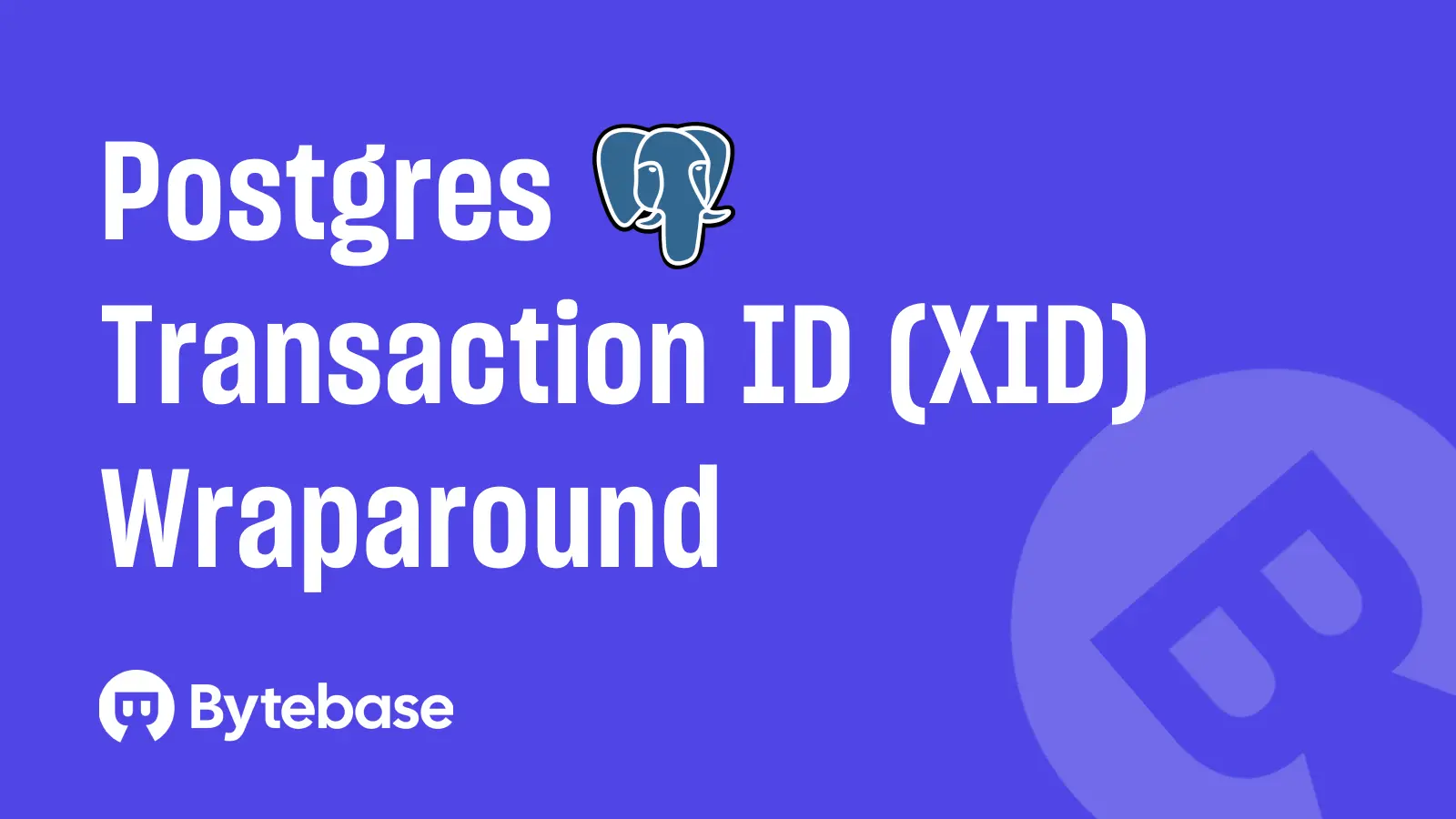
Backing up PostgreSQL is essential for reliability and disaster recovery. The open-source ecosystem offers several strong tools - each with unique design goals, languages, and ideal use cases.
Below is a curated list of the top PostgreSQL backup solutions, compared across multiple dimensions: language and ideal use cases.

WAL-G
- GitHub: https://github.com/wal-g/wal-g
- Language: Go
- Maintainer: Community
- License: Apache License 2.0
- Interface: CLI
- Supported Databases: PostgreSQL, MySQL/MariaDB, MS SQL Server, MongoDB (beta), Redis (beta)
- Best For: Cloud-native and multi-database environments
WAL-G is an archival and restoration tool for databases in the Cloud, the spiritual successor to WAL-E. It’s built for performance, with parallel compression, encryption, and seamless cloud storage integration. Its multi-database support makes it ideal for teams managing mixed database stacks.
Barman
- GitHub: https://github.com/EnterpriseDB/barman
- Language: Python
- Maintainer: EnterpriseDB (EDB)
- License: GNU GPL 3
- Interface: CLI
- Supported Databases: PostgreSQL only
- Best For: Enterprises requiring centralized backup management
Barman (Backup and Recovery Manager) is an open-source administration tool for disaster recovery of PostgreSQL servers written in Python. It allows your organisation to perform remote backups of multiple servers in business critical environments to reduce risk and help DBAs during the recovery phase.
Barman is distributed under GNU GPL 3 and maintained by EnterpriseDB.
pgBackRest
- GitHub: https://github.com/pgbackrest/pgbackrest
- Language: C
- Maintainer: Crunchy Data
- License: MIT License
- Interface: CLI
- Supported Databases: PostgreSQL only
- Best For: Mission-critical, high-performance PostgreSQL workloads
pgBackRest, maintained by Crunchy Data, is designed for speed, reliability, and flexibility. It supports full, differential, and incremental backups with parallel processing, compression, encryption, and seamless cloud storage integration. Trusted by production teams worldwide, it’s one of the most capable PostgreSQL backup tools for both on-premises and cloud environments.
pgBackWeb
- GitHub: https://github.com/eduardolat/pgbackweb
- Language: Python + Flask
- Maintainer: Community
- License: AGPL-3.0
- Interface: Web UI
- Supported Databases: PostgreSQL (via pgBackRest)
- Best For: Teams preferring visual management for pgBackRest backups
pgBackWeb provides a user-friendly web dashboard on top of pgBackRest. It enables visual monitoring, restore operations, and scheduling — ideal for smaller teams or users who prefer GUI-based workflows instead of the command line.

PostgresUS
- GitHub: https://github.com/RostislavDugin/postgresus
- Language: Python
- Maintainer: Community
- License: MIT License
- Interface: Web UI
- Supported Databases: PostgreSQL only
- Best For: Lightweight or developer environments needing simple scheduled backups
PostgresUS focuses on simplicity and automation. It’s easy to set up and use, providing regular scheduled backups with minimal configuration — best suited for staging, QA, or developer environments.

Comparison Table
| Tool | Language | License | Interface | Multi-DB Support | Cloud Storage |
|---|---|---|---|---|---|
| WAL-G | Go | Apache 2.0 | CLI | ✅ | ✅ Seamless integration |
| Barman | Python | GNU GPL 3 | CLI | ❌ | ✅ Supported |
| pgBackRest | C | MIT | CLI | ❌ | ✅ Seamless integration |
| pgBackWeb | Python + Flask | AGPL-3.0 | Web UI | ❌ | ✅ (via pgBackRest) |
| PostgresUS | Python | MIT | Web UI | ❌ | ❌ |
Choosing the Right Tool
- WAL-G — best for multi-database, cloud-native setups.
- Barman — fits enterprise environments with strict compliance.
- pgBackRest — the most complete solution for high-performance and cloud-integrated PostgreSQL.
- pgBackWeb — ideal if you prefer a GUI for pgBackRest.
- PostgresUS — great for lightweight automation in dev/staging.
Each project offers a unique trade-off between simplicity, scalability, and ecosystem support. Pick based on your environment’s scale, cloud strategy, and team expertise.


